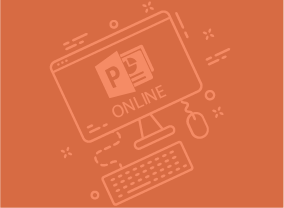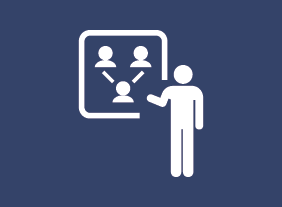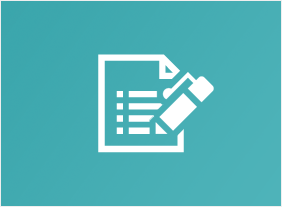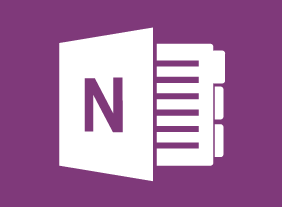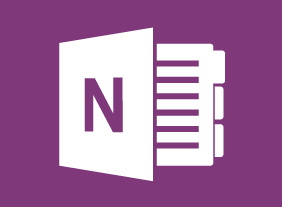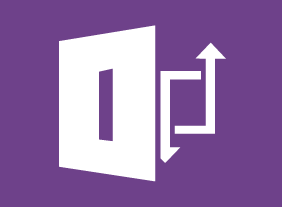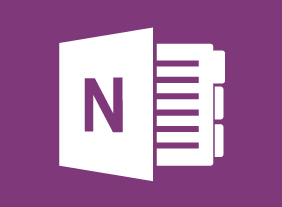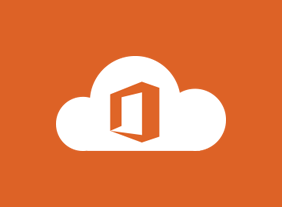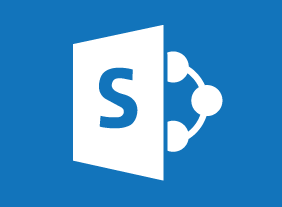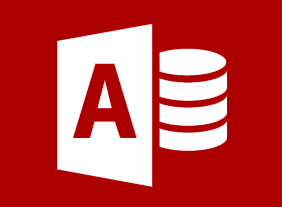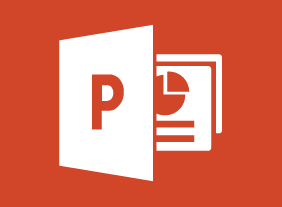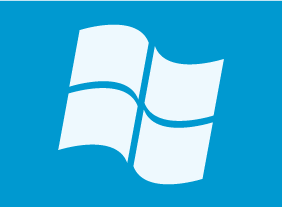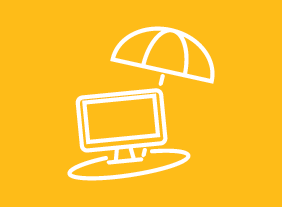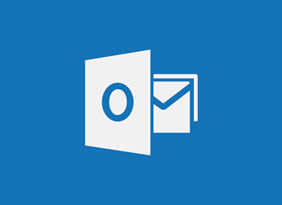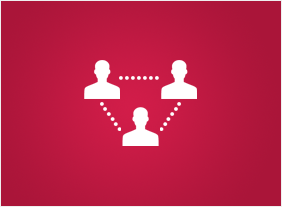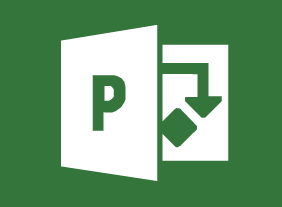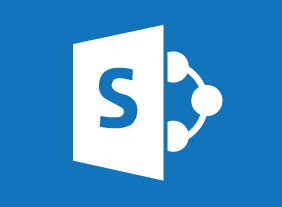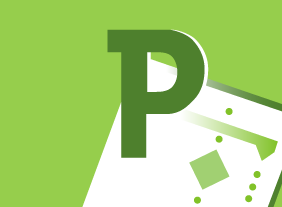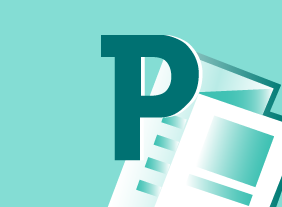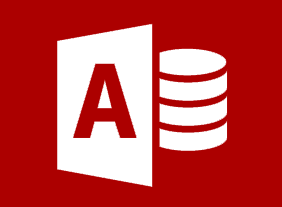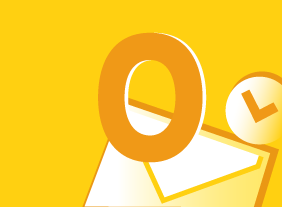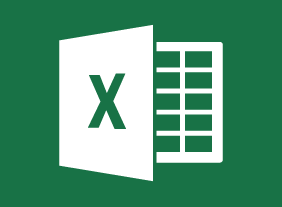-
Microsoft PowerPoint Online: Working with Images and Shapes
$99.00In this course you will learn how to insert graphics, modify and format objects, and adjust image appearance. -
Developing a Training Needs Analysis
$99.00This course covers all the essential elements of a training needs analysis. The first step is using the ICE method to isolate problems, consult with stakeholders, and evaluate your options. Then, you can bring all of the information together into a training needs analysis that will convince readers to take action. -
The Minute Taker’s Workshop
$99.00Youll begin this course by learning what a minute-taker does and what skills they should have. Then, youll learn about different styles of minutes, what to record, how to prepare minutes, and how to keep a minute book. -
Prospecting for Leads Like a Pro
$99.00This course will teach you how to identify your target market, use a prospect dashboard, and set goals. You will also learn how to find prospects through networking, trade shows, lost accounts, and cold calls. -
Public Speaking: Speaking Under Pressure
$99.00This course will take you through preparing an effective presentation. Topics include planning your speech, identifying your audience, connecting with the listener, developing key themes and sentences, structuring your ideas, and managing nervousness and body language. Youll focus on short responses and learn ways to expand a basic presentation. -
Creating Successful Staff Retreats
$99.00In this course you are going to learn a comprehensive approach to crafting a successful staff retreat for your organization. You are going to look at why retreats are conducted, look at retreat undertaking categories and then advance to the development and presentation of retreat activities. Your retreat education doesnt stop there as you are also going to learn how to identify the critical elements of a staff retreat and you will learn to create a planning checklist and about the keys of running a retreat. When the retreat is over, your responsibilities arent, you need to evaluate how things went so you will learn how to create an evaluation and follow up. -
Building Relationships for Success in Sales
$99.00This course will teach you how to leverage customer-focused selling, identify what influences relationships, expand your communication skills, manage your body language, develop a professional handshake, and grow your network.


